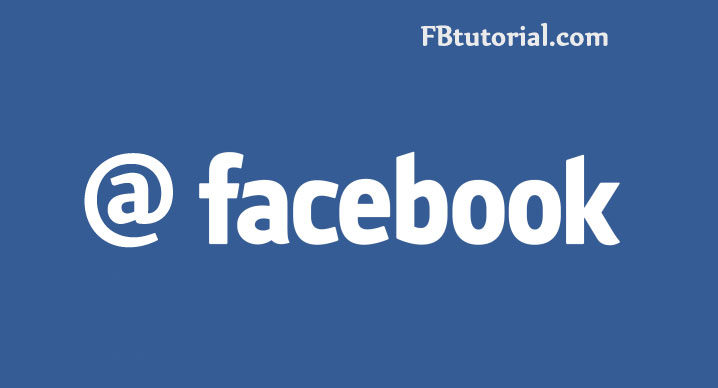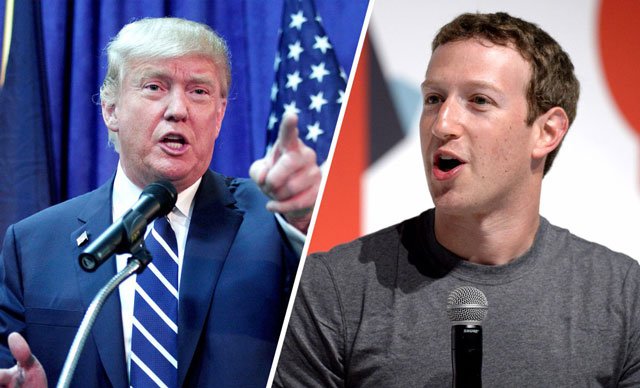Facebook reveals fake Russian accounts spent $100K on Political Ads
FBtutorial.com | Facebook News — Facebook recently revealed that fake accounts linked to Russian entities spent approximately $100,000 USD on political ads during the 2016 U.S presidential elections.

This new findings adds a new dimension to the ongoing investigations into allegations of Russia’s interference in the 2016 U.S presidential elections.
Facebook Political Ads
Facebook Chief Security Officer, Alex Stamos disclosed 470 fake accounts purchased roughly 3,000 political ads between June 2015 and May 2017.
Most of the ads did not mention a specific presidential candidate or the election, but focused on “amplifying divisive social and political messages” on immigration, gun rights and LGBT issues, Stamos wrote.
Below is the announcement from Facebook’s Chief Security Officer via Facebook Newsroom on Wednesday, Sept. 6th, 2017.
An Update On Information Operations On Facebook
There have been a lot of questions since the 2016 US election about Russian interference in the electoral process. In April we published a white paper that outlined our understanding of organized attempts to misuse our platform. One question that has emerged is whether there’s a connection between the Russian efforts and ads purchased on Facebook. These are serious claims and we’ve been reviewing a range of activity on our platform to help understand what happened.
In reviewing the ads buys, we have found approximately $100,000 in ad spending from June of 2015 to May of 2017 — associated with roughly 3,000 ads — that was connected to about 470 inauthentic accounts and Pages in violation of our policies. Our analysis suggests these accounts and Pages were affiliated with one another and likely operated out of Russia.
We don’t allow inauthentic accounts on Facebook, and as a result, we have since shut down the accounts and Pages we identified that were still active.
- The vast majority of ads run by these accounts didn’t specifically reference the US presidential election, voting or a particular candidate.
- Rather, the ads and accounts appeared to focus on amplifying divisive social and political messages across the ideological spectrum — touching on topics from LGBT matters to race issues to immigration to gun rights.
- About one-quarter of these ads were geographically targeted, and of those, more ran in 2015 than 2016.
- The behavior displayed by these accounts to amplify divisive messages was consistent with the techniques mentioned in the white paper we released in April about information operations.
In this latest review, we also looked for ads that might have originated in Russia — even those with very weak signals of a connection and not associated with any known organized effort. This was a broad search, including, for instance, ads bought from accounts with US IP addresses but with the language set to Russian — even though they didn’t necessarily violate any policy or law. In this part of our review, we found approximately $50,000 in potentially politically related ad spending on roughly 2,200 ads.
We have shared our findings with US authorities investigating these issues, and we will continue to work with them as necessary.

What are your thoughts on the role Facebook as a social network is being used to push propaganda and influence political decisions or elections?


